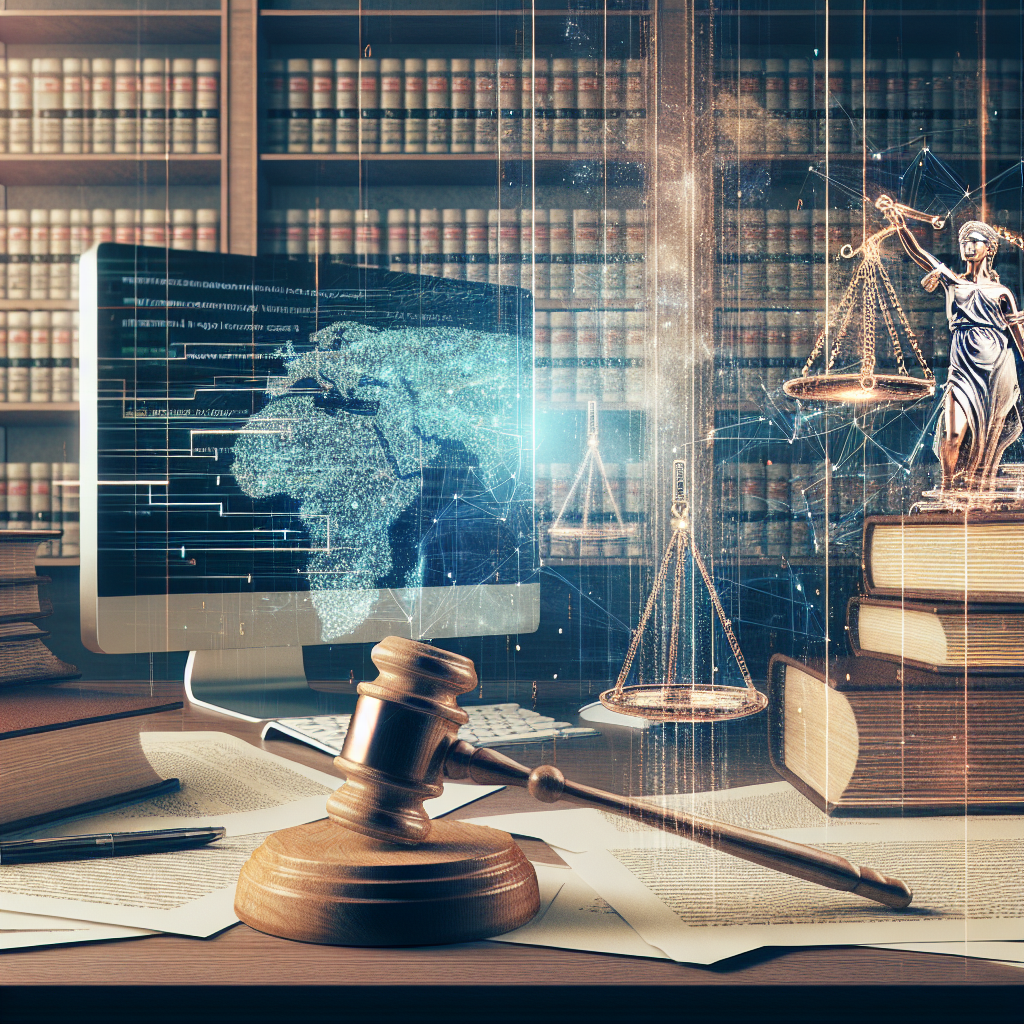Artificial Intelligence (AI) has revolutionized many industries, including the legal sector. In recent years, AI has been increasingly used in legal precedent analysis and case law prediction to help lawyers and legal professionals make more informed decisions. This technology has the potential to significantly impact the way legal research is conducted and how cases are litigated.
Legal precedent analysis involves examining past court decisions to determine how a current case may be decided. This process can be time-consuming and labor-intensive, as it requires researchers to sift through large volumes of case law to find relevant precedents. AI can streamline this process by quickly analyzing vast amounts of data and identifying patterns that may be relevant to a particular case.
One of the key benefits of using AI in legal precedent analysis is its ability to identify relevant cases that may have been overlooked by human researchers. AI algorithms can analyze case law databases and identify connections between cases that may not be immediately apparent to a human researcher. This can help lawyers build stronger arguments and make more informed decisions about how to proceed with a case.
AI can also be used to predict the outcome of legal cases based on past precedents. By analyzing factors such as the legal issues involved, the parties involved, and the jurisdiction in which the case is being litigated, AI algorithms can make predictions about how a case is likely to be decided. This can help lawyers assess the strengths and weaknesses of their case, as well as make strategic decisions about settlement negotiations and trial strategy.
There are several AI tools and platforms that are specifically designed for legal precedent analysis and case law prediction. These tools use natural language processing and machine learning algorithms to analyze text and data from case law databases and identify relevant precedents. Some of the key players in this space include Lex Machina, Casetext, and ROSS Intelligence.
FAQs:
Q: How accurate are AI predictions in legal case law analysis?
A: The accuracy of AI predictions in legal case law analysis can vary depending on the quality of the data and algorithms used. While AI can provide valuable insights and help lawyers make more informed decisions, it is important to remember that AI predictions are not foolproof and should be used as a tool to supplement, rather than replace, human judgment.
Q: How does AI impact the role of lawyers in legal precedent analysis?
A: AI can help lawyers streamline the legal research process and identify relevant precedents more quickly. This can free up lawyers to focus on higher-level strategic thinking and analysis, rather than spending hours sifting through case law databases. Ultimately, AI can enhance the work of lawyers by providing them with more comprehensive and accurate information to inform their decisions.
Q: Are there any ethical concerns associated with using AI in legal precedent analysis?
A: While AI can provide valuable insights and help lawyers make more informed decisions, there are ethical concerns associated with its use in the legal sector. For example, there may be concerns about bias in AI algorithms, as well as issues related to data privacy and security. It is important for legal professionals to be aware of these concerns and take steps to mitigate any potential risks associated with using AI in their practice.
In conclusion, AI has the potential to revolutionize legal precedent analysis and case law prediction by helping lawyers make more informed decisions and build stronger cases. While there are still challenges to overcome, such as bias in AI algorithms and data privacy concerns, the benefits of using AI in the legal sector are clear. As AI technology continues to advance, we can expect to see even greater impacts on the way legal research is conducted and cases are litigated.

